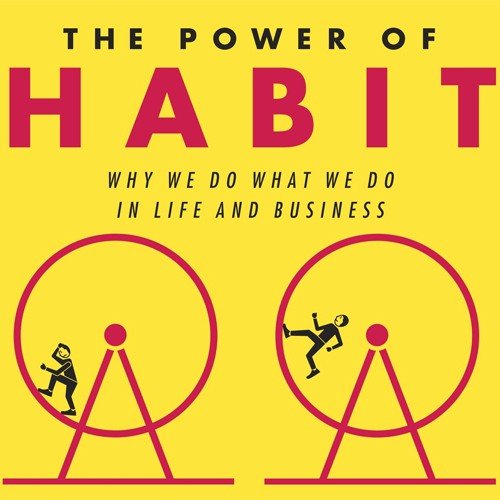"The Power of Habit" by Charles Duhigg
"The Power of Habit" by Charles Duhigg explores the science behind habit formation and offers practical strategies for understanding and changing our habits. The book delves into the habit loop, highlighting the cues, routines, and rewards that shape our behaviors. It emphasizes the power of keystone habits, willpower, and belief in transforming our lives. With real-life examples and insights, Duhigg shows how harnessing the power of habits can lead to personal and professional success, offering a roadmap for intentional habit change and personal transformation.
Here are some thoughts inspired by "The Power of Habit" by Charles Duhigg:
1. Habits are formed through a simple loop: a cue, a routine, and a reward.
Cue: A trigger that tells your brain to go into automatic mode.
Routine: The behavior that you repeat automatically.
Reward: The positive reinforcement that makes you want to repeat the behavior in the future.
2. Habits can be good or bad.
Good habits: Behaviors that help you reach your goals and improve your life.
Bad habits: Behaviors that hold you back and prevent you from achieving your goals.
3. You can change your habits by understanding the habit loop.
Identify the cue that triggers the habit.
Experiment with different routines to find one that is more desirable.
Find a new reward that will motivate you to stick with the new routine.
4. Keystone habits can have a ripple effect on other areas of your life.
Keystone habits are small changes that can have a big impact on your overall behavior.
For example, if you start exercising regularly, you may also start eating healthier and sleeping better.
5. You can use your environment to your advantage to create good habits and break bad ones.
Make it easy to do the things you want to do and make it hard to do the things you don't want to do.
For example, if you want to start exercising regularly, keep your workout clothes out and ready to go.
6. It takes time and effort to change your habits, but it is possible.
Don't get discouraged if you slip up. Just pick yourself up and start again.
With patience and perseverance, you can achieve any goal.
